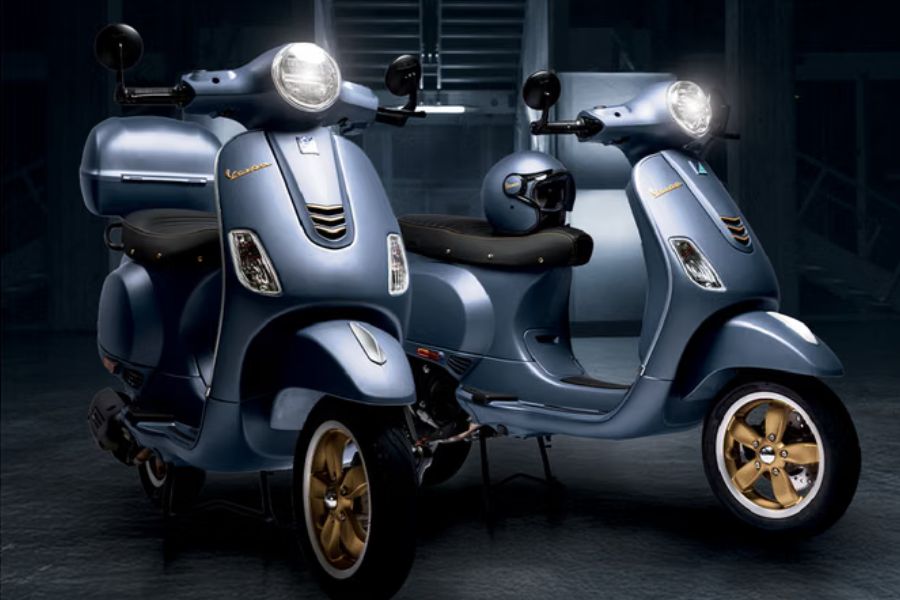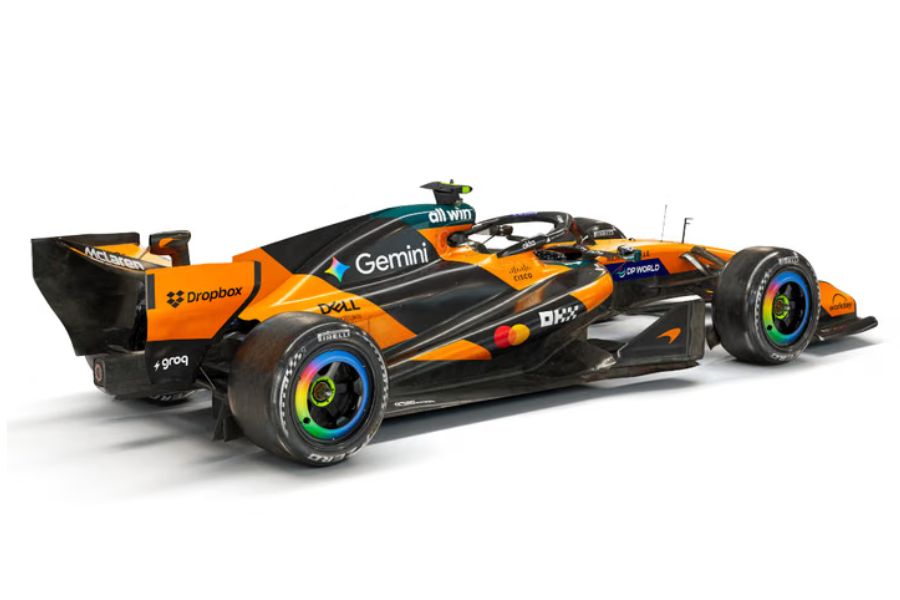Tata Motors-owned Jaguar Land Rover (JLR) is gearing up to commence local assembly operations at its new plant in Ranipet, Tamil Nadu by early 2026. This facility will operate under a Completely Knocked Down (CKD) model in its initial phase, with a focus on assembling popular JLR SUVs such as the Range Rover Evoque and Range Rover Velar.
Although specific production capacities and product strategies haven’t been officially confirmed, P.B. Balaji, Group CFO of Tata Motors, stated during a media roundtable that CKD operations at the Tamil Nadu plant will mark the start of a broader manufacturing strategy. Over time, the company may shift existing CKD operations from its current base in Pune to Ranipet.
Initial Assembly Focus: Evoque and Velar
Sources indicate the new facility will begin by assembling the Evoque and Velar—both of which are currently built at the Pune plant—with an estimated annual capacity of up to 30,000 units. The initial output is projected at 500 vehicles per month, scaling up to around 2,500–3,000 units monthly. The first phase of the facility spans 70 acres within the larger 470-acre site, with line readiness targeted for January 2026.
Models like the Land Rover Defender and Discovery are also being evaluated for potential local assembly in the near future.
Phase 2: Scaling Up to EV Production
The second phase of the plant is expected to begin construction after the 2026 Tamil Nadu Legislative Assembly election. This phase will significantly expand the site’s capabilities, allowing for the production of up to 250,000 vehicles annually. Crucially, it will cater to both Tata and JLR’s future electric vehicle (EV) portfolios.
Balaji highlighted the plant’s long-term versatility, describing it as a key component of Tata Motors’ future expansion. “This facility is designed to scale with our ambitions, especially in the EV space,” he noted.
Strategic Edge Through India-UK FTA
A proposed Free Trade Agreement (FTA) between India and the UK could provide JLR with the flexibility to test new models in the Indian market sooner. This would allow early-stage imports without full CKD-level localization, potentially speeding up product rollouts and market feedback loops for future offerings.
Tata Motors’ Manufacturing Footprint in India
With this new plant, Tata Motors will expand its domestic manufacturing network to seven facilities. The company currently operates six major plants:
-
Jamshedpur Plant, Jharkhand: Established in 1945, it focuses on medium and heavy commercial vehicles and in-house engine manufacturing.
-
Pune Plant, Maharashtra: In operation since 1966, it covers diesel and CNG engine production, light commercial vehicles, and passenger cars.
-
Lucknow Plant, Uttar Pradesh: Since 1992, it has specialized in bus manufacturing and modern public transport design.
-
Pantnagar Plant, Uttarakhand: Operational since 2008, it produces small commercial vehicles like the Tata Ace and Magic.
-
Sanand Plant, Gujarat: Originally built for the Tata Nano, it now manufactures the Tiago and Tigor hatchbacks.
-
Dharwad Plant, Karnataka: Focused on Tata’s Marcopolo bus range for urban transit, including the Starbus lineup.
With the Ranipet plant coming online, Tata Motors is positioning itself to address both current demand and the evolving needs of a rapidly electrifying auto market.
Read More:




